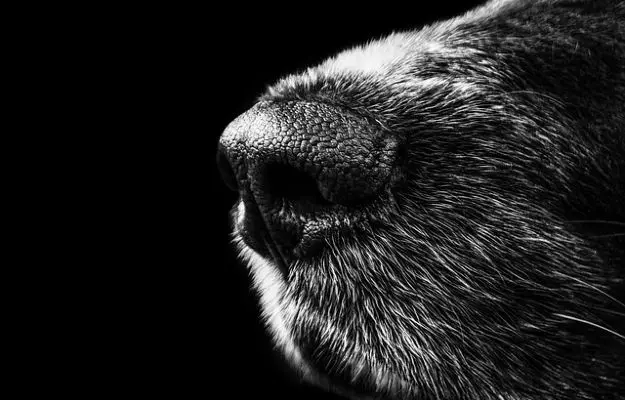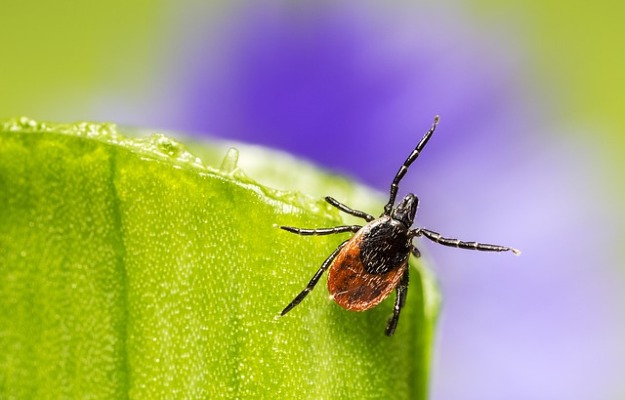Nosebleeds, or epistaxis, are not common in dogs. There can be several reasons for a dog to have a bloody nose and they can be divided into local and systemic causes.
- Locally, some of the possibilities are trauma or lesions in the nasal cavity.
- Systemic issues include high blood pressure, hyperviscosity syndrome (thickening of the blood due to high levels of protein), blood clotting disorders, or certain types of cancers such as leukemia and multiple myeloma.
- Rarely, fungal infections can also cause the nose to bleed. Infections caused by ticks which lower the platelets (which clot the blood) may also be responsible.
Often a nosebleed signals a more serious issue. If your pet does suffer from a nosebleed, it is important to remain calm even though the situation is jarring. Your priority is containing blood loss and keeping your dog calm. If your dog perceives that you are agitated, it may mimic the behavior. This will increase the dog’s blood pressure and increase the amount of blood lost. A cold compress to the nose will constrict the vessels and stem flow to an extent. Following this you should visit your vet.
Bleeding from a single nostril indicates that a lesion (tumour) may be present in the area, whereas blood from both suggests that a systemic issue is at hand. The blood may flow in a stream or could be seen as droplets upon sneezing. Do not attempt to plug the nose by stuffing it with cotton rolls since this will cause the dog to sneeze and expel more blood.



























